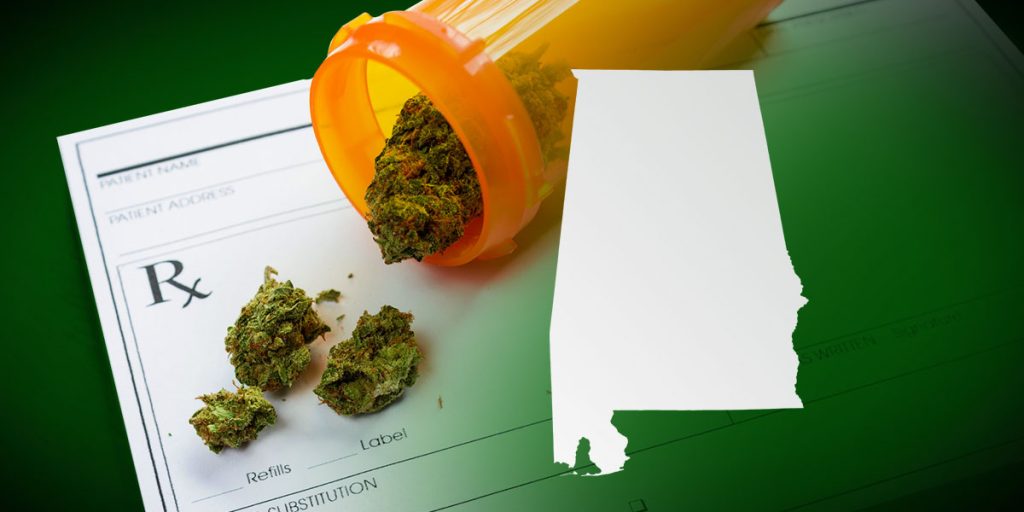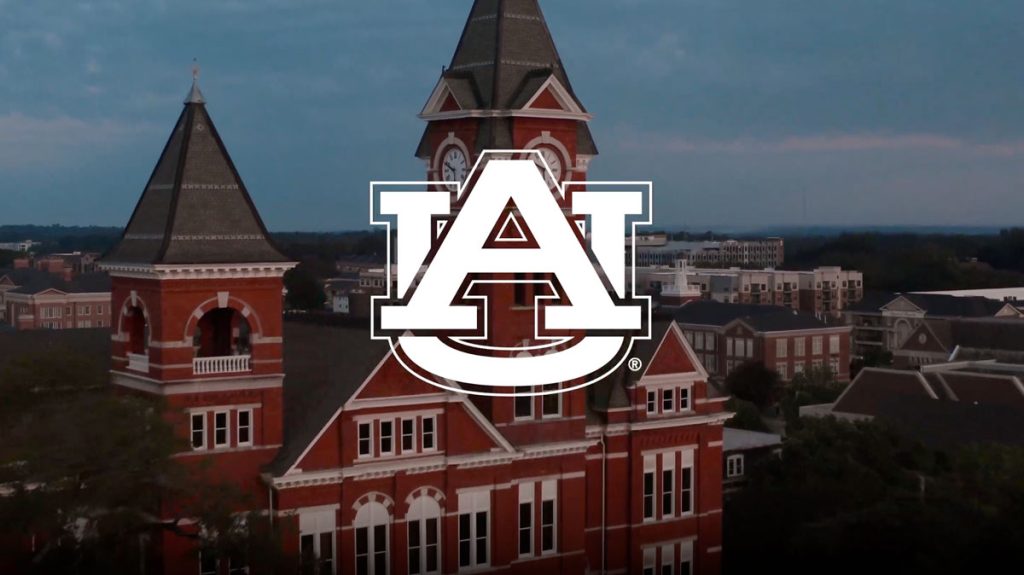On Friday, the Alabama Medical Cannabis Commission (AMCC) will issue all but five of the medical marijuana licenses to applicants awarded licenses by the Commission on December 1 unless a court intervenes in the process.
The issuing of the licenses means that business entities awarded licenses can begin building facilities, planting Alabama’s first legal medical marijuana crop, obtaining financing, hiring staff, and investing in equipment. The awards for marijuana cultivator, processor, dispensary, state testing laboratory, and secure transporter were made on December 1 after applicants were given the opportunity to make presentations before the Commission.
The AMCC will issue the licenses to twenty business entities on Friday unless a court places a stay or an injunction on the issuing of the licenses. Immediately prior to Thursday’s Commission meeting over two dozen attorneys representing failed cannabis applicants were in in Montgomery Circuit Judge James Anderson’s courtroom asking the Judge to issue a temporary restraining order (TRO) on the licenses.
Judge Anderson declined to intervene in the process. The Commission met virtually that afternoon and similarly did not vote to stay the process. That lack of action allows the AMCC staff to move forward automatically with the issuing of the licenses to most of the award winners.
The five integrated facility licenses are scheduled to be issued January 9 – by rule 28 days after the Commission awarded the integrator licenses on December 12. An integrator license allows the holder to cultivate, process, transport, and dispense medical cannabis products all in house. The 28 day period allows time for awardees to pay their license fees to the AMCC and for the AMCC staff to perform on-site inspections.
The AMCC is also moving forward with investigative hearings that were requested by applicants who were denied awards. Those hearings are tentatively happening in January and February and are the administrative appeals process created by the Commission,
Attorney for the failed applicants argued in court on Thursday that the issuing of the licenses should be stayed while those investigative hearings are taking place since the AMCC is limited by statute in the number of licenses that it can award.
Earlier awards that the Commission made in June and August were rescinded in a settlement reached with plaintiffs. Some of those earlier award winners were unsuccessful in that third round of awards and now find themselves without a license and among the many plaintiffs who have brought lawsuits objecting to the process by which the awards were made. Other plaintiffs have failed in all three awards.
In addition to the court cases that are presently in Judge Anderson’s court there is one case before the Alabama Court of Civil Appeals and another that was filed in federal court. The lawsuits will proceed while the licensees rush to get up and running. The Commission remains optimistic that Alabamians with a demonstrated medical need will be able to purchase doctor recommended medical cannabis products by some time in the spring.
The Alabama Legislature passed, and Governor Kay Ivey (R) signed legislation legalizing medical cannabis in 2021. That statute established the AMCC as the governing body over the industry and tasked it with writing the rules for the industry and making the license awards.
Update: Judge Anderson did issue a TRO late on Thursday night on the four cannabis dispensary awards, thus the issuing of the dispensary licenses are held up pending court action.
To connect with the author of this story or to comment, email [email protected]













